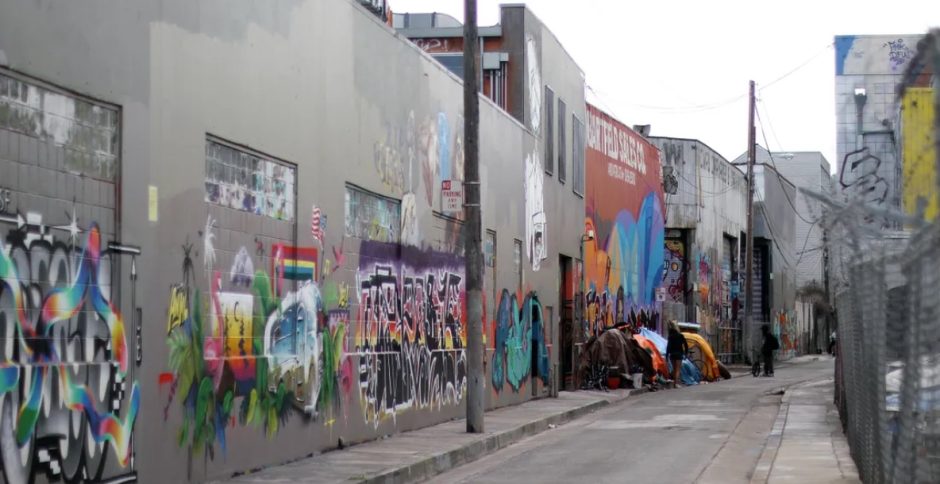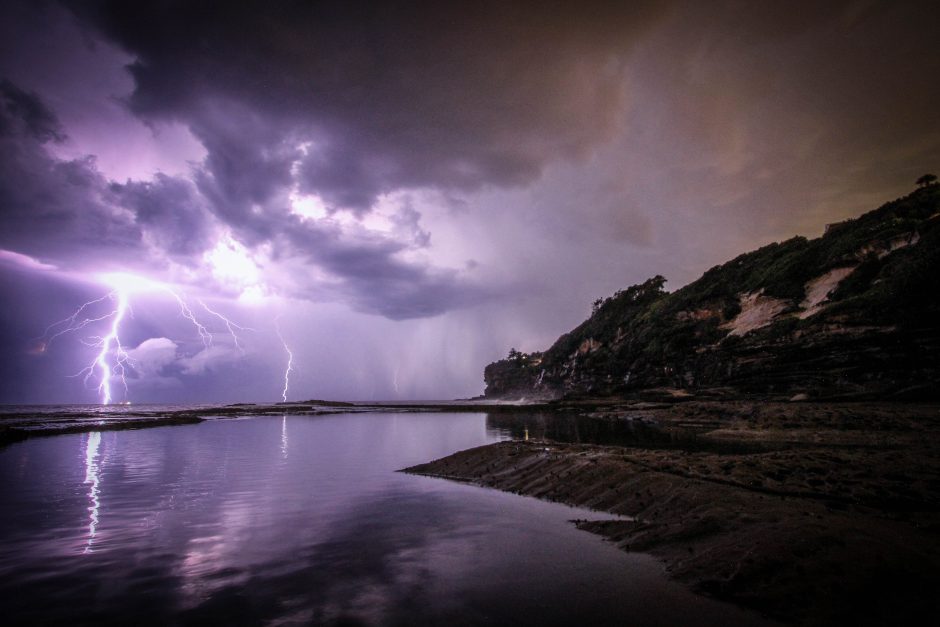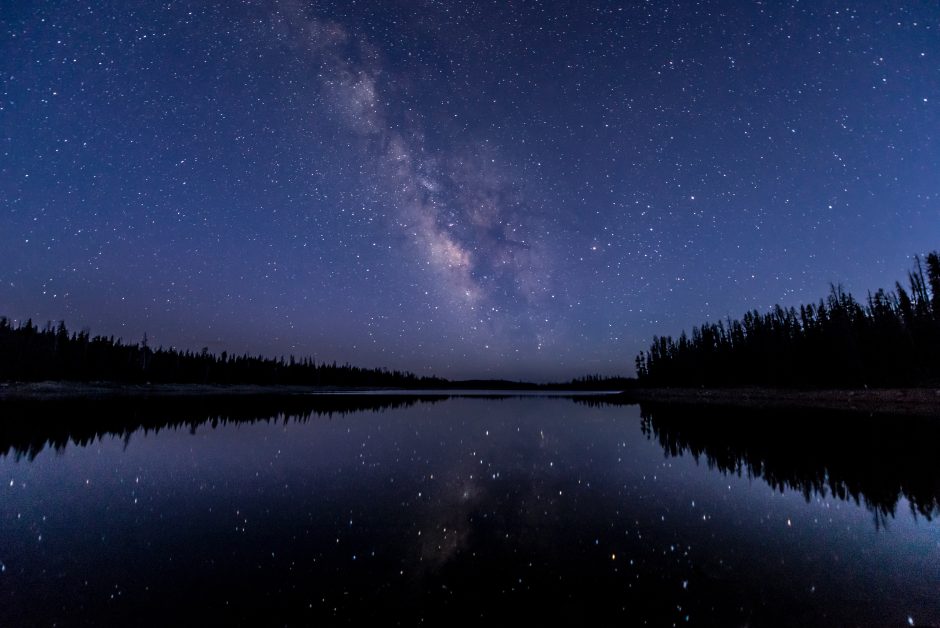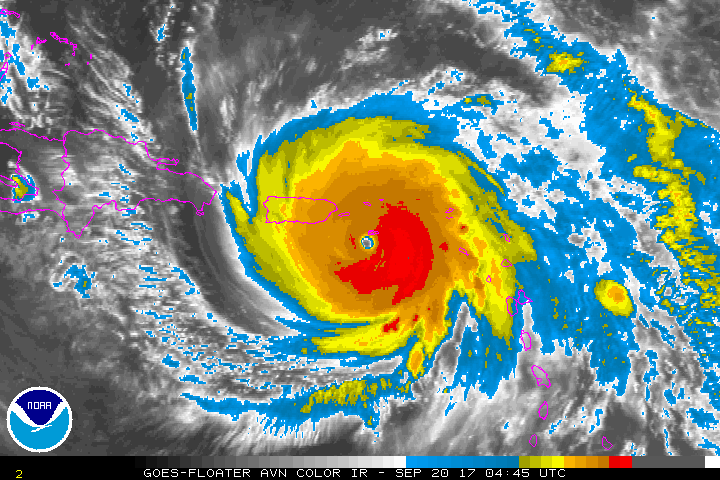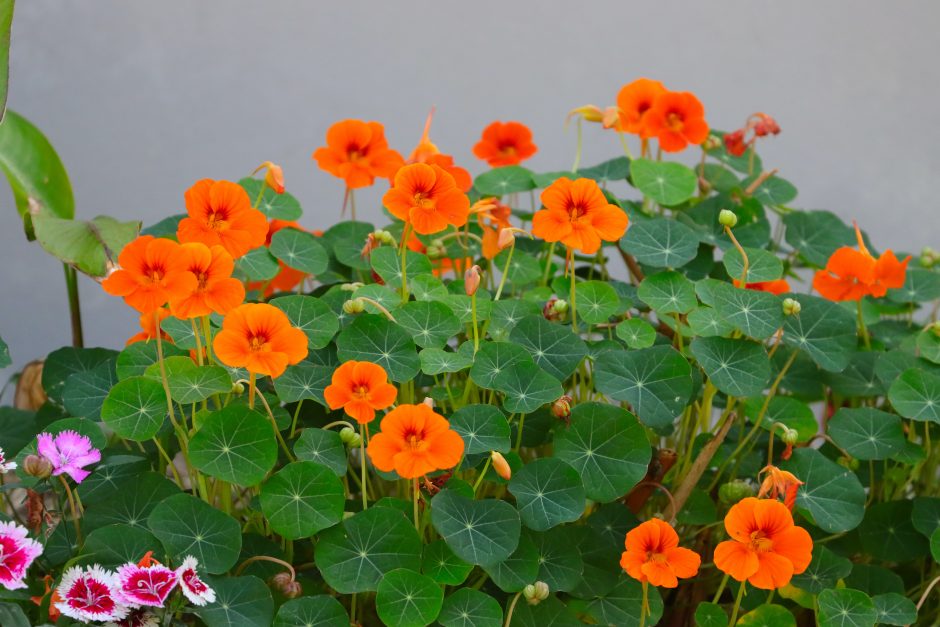“Go placidly amid the noise and the haste, and remember what peace there may be in silence. As far as possible, without surrender, be on good terms with all persons.” Feeling a little sticky with sweat and having butterflies in his stomach, Anatta was getting anxious and slightly panicky. He realized the irony of racing to the San Francisco Zen Center, but he could not help himself. He was rushing to get there, just so he could sit still in silence to calm his mind, supposedly to see “the nature of reality” as he had read somewhere. It wasn’t the only irony, to be sure, and he got agitated thinking he was running late, though he was actually on time as usual. Exiting the MUNI station, as Anatta did each week, he was still in…
As I Make You
A Flash Fiction by Matthew Bala Image Courtesy of Al Quino, unsplash.com Bulging my fingers into the spinning clay, I look into the rotating bottom and let my tears glisten there—the figure moves faster than my hands can shape, and I’m left with only a few touches to produce the right form. The pad of my thumb grazes the orbiting ovoid, trimming up and at its waist into some obscene shape; surrendering a chuckle, I retreat my hands, looking at this earthly bong I’ve now made. The long snout stretches for air, its bottom rounded to the sides of the hog pan. My palms now fondle the roundness of my creation, feeling the argil beard my cupped hands and cuticles of bending fingers. Deliberately, I close my two arms in on each other, shooting my…
“Plucked,” A Novel in Verse Excerpt by FC’s Vera West
Seventeen-year-old Iza auditioned on a whim and got accepted (on a scholarship) to a creative arts prep school. Even with just a year left until she graduates, attending this school will give her the edge she needs to be a successful classical violinist and give her more options than what she currently has in the impoverished town where she grew up; but without the support of her mother getting there will be a challenge. After convincing her best friend to drive her to school, working extra shifts to save up money and having her granny forge her father’s signature on the application, Iza is finally ready to make the great escape to Everleigh. 1 She has pluck, they say, with optimism in spades, surely all her dreams will come true. “Iza Jones, are…
“Happy Birthday to Us,” Poetry by Bruce McRae
Happy Birthday To Us I arrived mid-century. A flaw in the seamed dimensions. A stone dropped down a cistern. Already ancient, wonderstruck, fire in my gills and hair, life-naked. I was born all of a sudden. A shift in the given paradigm. A handheld globe of teeth and fur standing athwart of all of history. A faint itch, a rudimentary element, I appeared as if quite by accident. A figure blurred by the side of the road, an eleventh planet, a tiger’s teardrop, a snowman in the parson’s orchard. Heavy with dreams, I was awoken early for my rough appointment. A manic isotope in a fat-lit cavern. One of those molecular contrivances you hear so much about. A mighty atom. A coy abstraction. ** Reality The rules of the game remain couched in esoteric phrases…
“As the Storm Arrives,” Poetry by David Dephy
As the Storm Arrives Silence with its excellent syntax is so real, rhythm compensates breathe when the stream of our thoughts shapes our lives, we are the same and always seek each other when silence between us dies. Are we all identical in nature, different in degree? Children can smell the wind more than pets, as you know they prowl the streets, and the smell of the wind will color them lilac, though for now only the moon rises, and each tree, remains as the heart of a wind, each wind a string on time’s lyre, divine love reflected upon its own reflection, wickedness kindling that flame of darkness, but when the hero strikes her anvil of freedom, the vision returns, here the mist is a single thought floating within islands of silence, and the…
“Gone,” A Short Story by Kathryn Harper
I want to be gone. I want to be utterly gone. I was once gone, but now I am here, but now I am tired of being here and want to be gone. I have been here for so long and have been not gone for so long and I want to be gone like no one has been gone ever before. I used to be a sky-watcher when I was gone. I used to be a sky-watcher and know all the shapes in the sky. I used to know everything about the night sky, and the night sky knew everything about me when I was gone. Now I am here and there is no night sky. There is no darkness here. Here has no darkness but dark times. I had no dark times when I was gone, just the…
“Wednesday in a Factory Town,” Poetry by John Grey
WEDNESDAY IN A FACTORY TOWN Sunlight succumbs to weather and chimney, fat gray clouds, much billowing of smoke. In a town of factories, faces stare, solemn and blackened like stove flues, through windows, as red eyes make tunnels in the gloom. Rivers wait like standing water for more dust and grime to fuel their current. Shoppers cough their way from store to store. Kids grub up without even trying. No sky as once was promised. Not even the church, chiming three o’clock, can get back God’s attention. ** EMMA, A MONTH BEYOND THE DEATH OF HER FATHER She can’t swerve to avoid the dead possum on the road without crashing through huddled sobbing mourners and braking just in time so she doesn’t topple down into the freshly dug hole, and smash headlong into her father’s…
The Hurricane Book: A Lyric History
New Creative Nonfiction by Claudia Acevedo-Quiñones How do we mark the passage of time? How do we reconcile what we remember of our life and those we love – and have loved – against the mutability of memory? Like author Marcel Proust (À la recherche du temps perdu), Ms. Acevedo-Quiñones grapples with her life growing up in Puerto Rico and her identity as a writer in Brooklyn, marking the journey with the island’s six great hurricanes of the 20th century. With our deep gratitude to Rose Metal Press for publishing this book, we herewith present excerpts from Claudia Acevedo-Quiñones’ remarkable work. These excerpts do not do full justice to her innovative narrative, so please read the book. Meet the author live tomorrow (Wednesday, November 8, 2023) evening, in conversation with poet Paolo Javier at the…
“Baby Rando,” A Short Story by Robert Pope
Walt could not be more pleased with their baby boy, now they’d had him home a couple of weeks. With his fuzz of orange hair and sparkling green eyes, the child glowed. Rando laughed almost as soon as he came from the hospital. Ginger’s Dad called when he got back from The Islands. He could hardly believe it. He had given up hope of his only child making him a grandparent. Rando came three weeks early, fully formed, Walt informed Ginger’s Dad. Would you believe it? A father at forty-two, after a double bypass hit him wham, sucker punch to the solar plexus. Ten days later he had this fine scar down his naked chest. They took the few chest hairs he had before surgery. Never grew back. He missed them. He had given each…
“The Secret Society” by Rachel Gonzalez
“The Secret Society of the Women’s Bathroom” ~ An Audio Arts Short Story One of the most innovative and interesting positions we’ve developed here at The Fictional Café is the Writer in Residence. We choose a poet and a fiction-writer every two years from among our contributors, creative people in whom we see great merit and potential. We hope our two Writers in Residence, who are chosen in alternating years, will help FC grow in new creative directions, and we’ve not been disappointed. Be sure to click over to the Residency link to learn more about our Residency Program, past and present.Since assuming her new position in January, Rachel Gonzalez most assuredly has met and exceeded our criteria. One of the most innovative and distinctive ideas she came up with was to chronicle her hike up and down…

